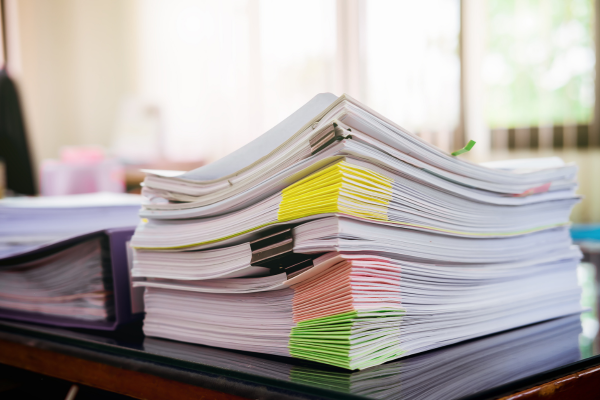
In a personal injury case, a Request for Production (RFP) is a legal tool used in the discovery phase. In this phase, one party asks the other to produce documents, records, or other tangible evidence related to the case. The process is crucial for gathering information and building a comprehensive understanding of the facts, which can significantly influence the outcome of the litigation.
Understanding Requests for Production
A Request for Production is a written demand for specific documents or items pertinent to the issues of the case. These documents can include medical records, employment records, emails, social media posts, or any other physical or electronic records that might be relevant. In a personal injury case, these requests typically focus on evidence that can demonstrate the extent of the injury, the cause of the accident, or the impact of the injury on the plaintiff’s life.
For example, the plaintiff might request the defendant to produce vehicle maintenance records of the auto accident case to prove negligence in vehicle upkeep. Conversely, the defendant might request medical records from the plaintiff to verify the severity and cause of the injuries claimed.
The Role of Requests for Production in a Personal Injury Case
- Evidence Gathering: Requests for Production allow both parties to collect evidence that may not be otherwise accessible. In a personal injury case, this is particularly important for obtaining detailed medical records, employment history, and other documents that can establish the facts surrounding the injury, the accident, and its consequences. For example, medical records can provide evidence of the extent of injuries and treatments required, while employment records might show lost wages due to the injury.
- Establishing Liability: In personal injury cases, establishing who is at fault is critical. Requests for Production can be used to obtain evidence supporting or refuting negligence or liability claims. For example, maintenance logs from a workplace might be requested to prove a safety violation that led to an injury. Surveillance footage or accident reports can also be requested to corroborate or challenge the accounts of how an accident occurred.
- Building a Case Strategy: The information obtained through RFP helps attorneys develop their case strategies. By analyzing the evidence, lawyers can assess the strengths and weaknesses of their case, prepare for depositions, and plan for trial. The documents and evidence gathered can reveal inconsistencies or gaps in the opposing party’s case. For instance, if the defendant produces documents showing a lack of prior accidents at the same location, it may weaken the plaintiff’s argument that the location was inherently dangerous.
- Negotiation Settlements: The evidence obtained through Requests for Production can also be pivotal in settlement negotiations. When both parties have access to the same information, it allows for more informed discussions about the merits of the case and the appropriate compensation. For example, suppose medical records confirm that the plaintiff’s injuries are severe and require long-term care. In that case, the defendant might be more inclined to settle the case out of court to avoid a potentially costly trial.
- Complying with Legal Obligations: Both parties are legally obligated to respond to RFP. Failure to comply can result in penalties, including fines, dismissal of claims, or a ruling in favor of the other party. This aspect ensures that both parties adhere to the rule of discovery and promotes a fair legal process. If a party believes that the request is too broad or burdensome, they can object to the request or seek a protective order from the court. However, these objections must be reasonable and well-founded, as the court will assess their validity.
Contact a Florida Personal Injury Lawyer
If you have been involved in a personal injury incident, seeking legal advice is essential to protect your rights. Our legal team has more than 40 years of experience seeking justice for accident victims. Our attorneys have sought and won millions of dollars for our injured clients.
Call 850-601-1111 to schedule a complimentary consultation with no obligations. This consultation will help you explore your legal options. Let us help you fight for fair compensation.


